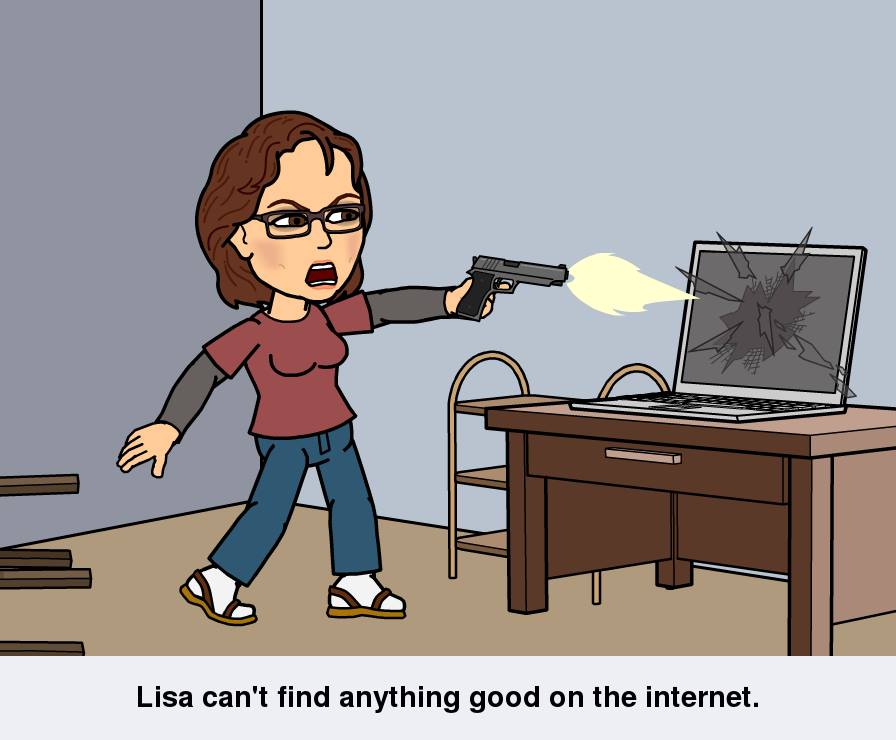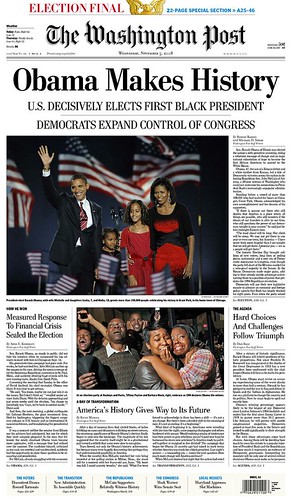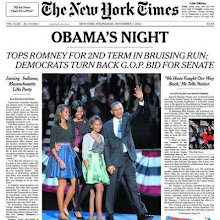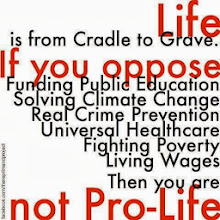Now that I have set myself the task of using my own story to demonstrate the abuses suffered by middle class Americans, I find that I have an entire notebook full of experiences at hand to illustrate my point. To avoid overwhelming my intrepid readers, this has sorted itself into a series of posts. Let’s call this first installment “The Erosion/Disappearance of Middle Class Employment;” as illustrated by the saga of the Little PDX Pillow Factory, at which my husband has worked since 1994.
Eighteen years ago, the hubs and I made an ill-advised move from Eugene to the Portland area, based on promises made by the company for which I had worked for eight years. As I was the principal wage earner at the time, the move seemed to make sense. It was, as it turned out, the beginning of the end of my “dream job.” A year later, I slunk away in disgrace from a job in which I had prospered and grown until a change of ownership wiped its shoes on us “overpaid” long-term managers (surprise!) and we were thrown out like old newspaper from the bottom of a birdcage.
But as my star fell, the husband’s rose. At the age of 38, he landed his first real “grown-up” white collar job, safely removed from the overwork/underpay world of retail and restaurant in which he had toiled the first twenty years of his working life. He was hired to head the purchasing department of a factory engaged in the production of decorative pillows, bedding and tabletop soft goods—the “Little PDX Pillow Factory.” Not so little, actually. They have a showroom on 5th Avenue in New York and sales/design staff headquartered in cities across the country. Quite a player in its industry, is the Little PDX Pillow Factory.
My nose-to-the-grindstone, allergic-to-drama life partner was readily accepted into the fold at the Pillow Factory. He worked hard and created no waves. Cleaned up other people’s messes and bowed to the somewhat inflated creative egos. Within five years, his salary doubled. We were far from rich, but we were no longer sweating from paycheck to paycheck. Every January, he would prepare his request for a pay increase, using carefully researched figures pursuant to the industry standard of compensation for his position, and laying out in detail his personal accomplishments of the previous twelve months. He would present this packet to plant ownership/management and be rewarded with a handsome raise. Things went on this way until he had been with the company for a decade. His annual pay increased to more than 3 times his original wage. He was happy, the Pillow Factory was happy; I was enjoying not being broke.
Finally we had arrived at our American Dream. This was how life was supposed to be, wasn’t it? If you worked hard and kept your nose clean, your salary increased and your life got “better.” You paid your bills and had money left over. You bought a nicer home, a new car, a trailer, a boat. You took vacations, ate at nice restaurants, bought clothes at Macy’s instead of Goodwill.
And then the bottom fell out.
The powers-that-be would have us believe that the economic ills by which we are now beset all came about as a result of the crash and burn at the end of the Bush Administration in 2008. But I am here to tell you that the troubles for some industries started significantly prior to that event. I truly wish I was better educated as to WHY and HOW this came to pass, but the first years of Bush’s reign saw business owners forsaking American workers and shipping jobs overseas at an amazing rate.
The Little PDX Pillow Factory took it in the shorts. Fabric, trims and embellishments could all be got more cheaply from Asian companies. By the early 2000’s, most of the stateside mills which had produced these things—and which were the backbones of entire communities in the Southeastern United States—had been shuttered; the workers were jobless and the equipment had been sold off to India and China where non-unionized labor could churn out the goods for a fraction of the cost (and the quality) of American products. Little Pillow Factory scrambled to adjust its buying practices. The husband struggled to master the language and nuances of international purchasing. And master them he did. Which was a good thing, because his troubles—and those of the Little Pillow Factory—were just beginning.
The advance of the Walmart retail manifesto—that the American consumer makes buying decisions based solely upon price, doesn’t demand quality, and doesn’t pay any attention to where the goods are made as long as they’re cheap—caused entire industries to be shipped to the Far East, never to return. The demand for cheaper and cheaper goods first caused American factories to overhaul their purchasing practices. Which, in the end, was a vain endeavor—because it was only a matter of time before American retailers completely sold out American workers and began to order the finished goods themselves from manufacturers in the Far East.
Orders at the Little PDX Pillow Factory fell to near zero. With no “business killing” tariffs to compensate, an item which could be made in America and bought for $6 wholesale, could be made in China or India and shipped across the Pacific, and still carry a price tag of less than half that of the domestic-made product. It didn’t matter that the foreign-made goods were of disastrously poor quality.
The booming manufacturing industries in China and India don’t have to deal with government safety or quality regulations, and they certainly don’t see the need to implement their own quality control standards. When American retailers continue to insist that the goods be made more and more cheaply, the manufacturers are given carte blanche to cut corners and compromise quality any way they can. The result is that American workers lose their living wage jobs, cannot afford to pay more for better quality, and stand in line at Walmart to throw money into the coffers of the very entity which destroyed their decent middle class living in the first place. What choice do they have? Talk about being between a rock and a hard place.
Norma Rae may have been victorious back in the 70's, but if she has grandchildren, they are most likely running a cash register at Walmart or dropping fries at McDonald's, if they can find work at all.
All this international business intrigue has, of course, reached its icy fingers into my family’s little corner of the world and changed our lives significantly. When business dried up at the Little PDX Pillow Factory, husband did not lose his job immediately (as did almost half of the crew of nearly 300 sewers, cutters and packers) but his status changed from “I Have A Job” to “I’m Lucky to Have a Job.” Hard to know, sometimes, which is worse…losing your job or being “lucky” enough to keep it.
People Who Have Jobs are treated with respect—even cherished, perhaps—because their employers would not want them to take their experience to another business, possibly a competitor. These fortunate folks receive pay increases, benefits, praise and titles. While People Who Are Lucky to Have Jobs are treated like crap by cranky management , never see another pay raise or bonus and have benefits taken away. Most likely they’ll have their hours, salary and staff cut—but not their workload—because, after all, they’re Lucky to Have a Job.
While fat cats lined their pockets with obscene oil company profits, forcing the prices of everything from groceries to utilities to march ever higher, husband went seven years without a raise. Because he was so Lucky to Have a Job, he was afraid to take a vacation, and we couldn’t afford to go anywhere if he had. After enduring the first couple of years of being Lucky to Have a Job, and foreseeing a time fast-approaching when his luck would run out, we devised a post-Pillow-Factory strategy for keeping a roof over our heads: We bought a restaurant.
And we all know how that turned out.
Because something quite unpredictable happened. Little PDX Pillow Factory has held on by the skin of its teeth. It somehow managed to morph itself from a manufacturing plant into an import company. Husband, who has been instrumental in this metamorphosis, did not lose his job, and the business venture into which at least one of us had poured 90% of her life force became redundant. We have once again thrown our lot 100% in the direction of the Pillow Factory. As it sinks or sails, so go we.
Husband did indeed receive a raise—his first in seven years—in 2011. Plant ownership managed to part with a 3% COLA for the faithful few office staff who still remained. Yes…that’s right. Three percent. This year, 2012, they were kept in suspense about raises until well into June. When the employees were advised that ownership would generously absorb the health insurance premium increase, rather than pass it on to employees in the form of higher payroll deductions. In lieu of pay raises. So, in the past 8 years, as reward for his heroic contributions toward keeping a foundering factory from going down for the third time, the husband has received a pay raise of approximately $1.23 per hour. Even assuming the cost of living has only risen by the "3% annually" government benchmark (which we all know comes out of the brain of someone smoking some serious crack), husband now grosses $20,000 per year
less than he would have to in order to merely maintain our 2004 lifestyle. Which was not extravagant, by any stretch of the imagination.
And this does not take into account the meteoric rise in health insurance costs, which have shrunk our disposable income and eroded our lifestyle even further.
In simple terms, through no fault or action of our own, our American Dream stalled, then started going in reverse. We have been forced backward as a result of avaricious economic policies put into play by those in whose best interests it is to direct the flow of all money into their own pockets.
All money. They want it all. They never have enough.
The rich. The powerful. Big business, and the government that has pandered to it.
Take a look at your own financial situations, my fellow (formerly) Middle Class Americans. I’d be willing to bet that your stories of the past ten years do not look a whole lot different from mine.
Are you angry yet?















